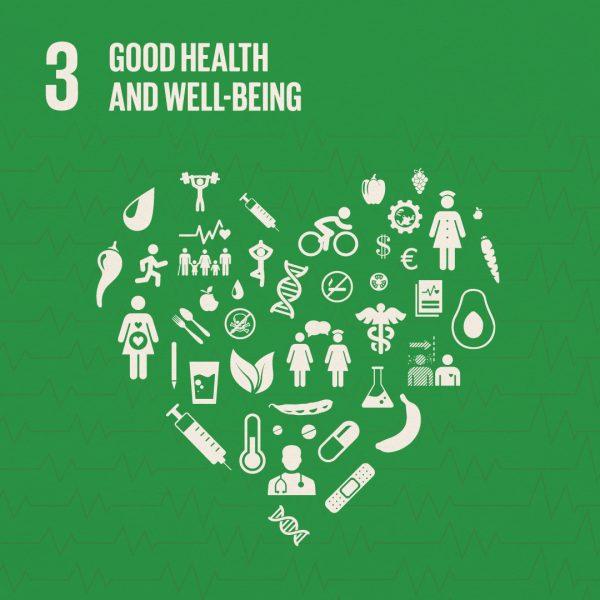Introduction to SDG 3 in Brazil
As part of the United Nations Sustainable Development Goals, SDG 3 focuses on ensuring healthy lives and promoting well-being for all at all ages. In Brazil, achieving these targets is essential for the nation’s overall development and social progress.
Current Health Challenges in Brazil
Brazil faces a range of health challenges, including high rates of infectious diseases, malnutrition, and rising incidences of non-communicable diseases. These issues highlight the importance of effective public health policies and initiatives aimed at improving health outcomes for the population.
Government Initiatives and Policies
The Brazilian government has implemented various health initiatives aimed at achieving SDG 3, including expanding access to healthcare services through the Unified Health System (SUS). This system plays a crucial role in providing universal healthcare to all Brazilian citizens.
Community Health Programs
Community health programs are vital to Brazil’s strategy for enhancing public health, focusing on education and prevention. These programs empower local communities to take charge of their health and well-being, thus promoting a healthier nation.
Impact of COVID-19 on Health Services
The COVID-19 pandemic has significantly impacted Brazil’s healthcare system, highlighting existing inequalities and vulnerabilities. Addressing these issues is critical for moving forward and achieving the goals set forth in SDG 3.
Future Directions and Sustainably Improving Health
Looking forward, Brazil must continue to innovate and adapt its health policies to address emerging challenges and sustain progress towards SDG 3. Collaboration between government, local communities, and international organizations will be essential in this endeavor.
Conclusion
Advancing health and well-being in Brazil is a multifaceted challenge that requires ongoing commitment and collaboration. To learn more about the progress and challenges still faced in achieving SDG 3, visit Borgen Project.

